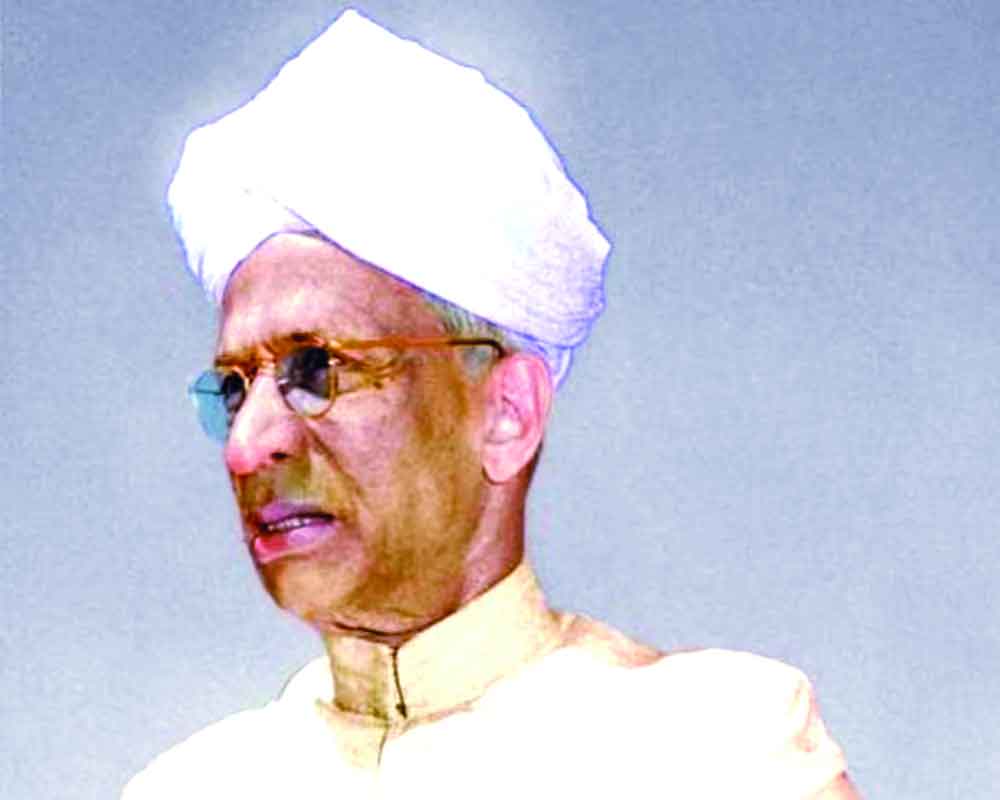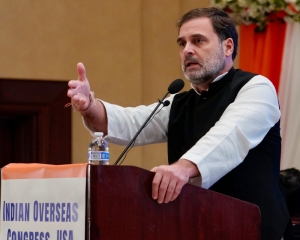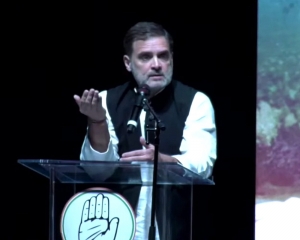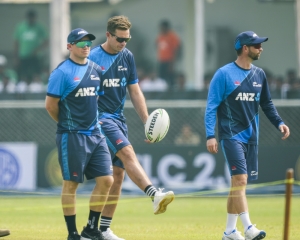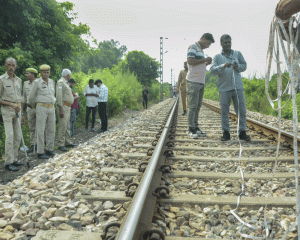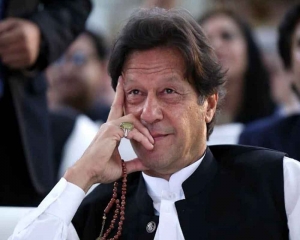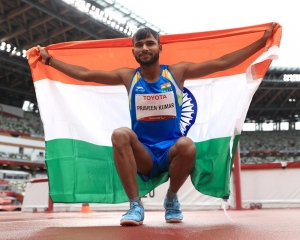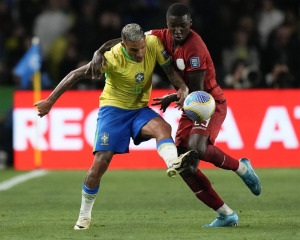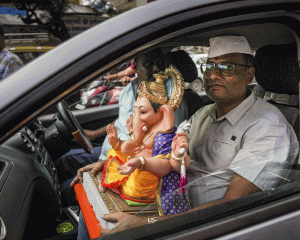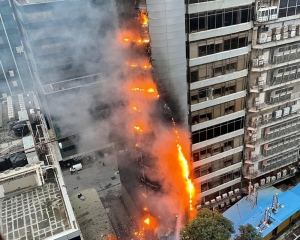This year’s Teacher’s Day celebrations carry a special resonance as they align with the enduring concerns of Dr S Radhakrishnan, who passionately advocated for quality in education
Teacher’s Day celebrations this year are indeed special in the context of quality, which was the major concern expressed on several occasions by Dr. S. Radhakrishnan, whose contributions are recalled with gratitude on this day every year. Necessary academic and professional preparations have been made and the Integrated Teacher Education Programme – ITEP – has already been launched in 64 institutions. This initiative is based on the recommendations of the National Education Policy -NEP-2020 – that after 2030 all of the pre-service teacher preparation programmes would be only of four-year duration and all others shall be scrapped. It would be prudent to recall an earlier experiment in quality teacher preparation which was initiated in 1965 by the then-newly established organization, the National Council of Educational Research and Training - NCERT – in its four Regional Colleges (now Institutes) of Education, located in Ajmer, Bhopal, Bhubaneswar, and Mysore.
It was acknowledged at the level of experts and accepted by national decision-makers that the one-year teacher preparation programmes were inadequate in preparing quality teachers and must be replaced by the four-year integrated programmes after senior secondary. The products of these four-year integrated courses established a distinct reputation for themselves in the education sector, and also in other professions as well. which they preferred to join. It is indeed heartening to note that the NEP-2020 made the recommendation on ITEP based upon the solid evidence offered by the NCERT institutions.
One is convinced that the growth, development and progress of any nation would be a direct consequence of the quality of education it achieves.
This quality is invariably a product of the level of excellence achieved by the Teacher Education Institutes -TEIs – of the nation. It is the work culture of the TEIs that mandates – without ever saying so formally – the work culture of the schools. The level of competence, commitment and performance witnessed in the TEIs by the student-teachers flows directly to schools and creates practically a comparable environment for school children. It is possible to achieve comprehensive personality evolution over four years and this is well-established in India, courtesy of the NCERT.
One must hasten to add that the proposed ITEP version of the earlier four-year programmes of the NCERT must be handled with great caution and care. Any inadequacy of academic, professional physical and financial resources could inflict irreversible damage to the great initiative. The future of the planet Earth and humanity depends on how education deals with man-nature mutuality. India decided in 2020 that ‘The rich heritage of ancient and eternal Indian knowledge and thought’ would be a guiding light for the NEP-2020.
It has, thus, accepted that education in India must be ‘rooted in a culture committed to new knowledge.’ In every alert and active culture, the tradition of knowledge quest has to remain dynamic in word and deed. It is because of this inherent strength, that Indian culture and its tradition of knowledge quest with its unique objectives and vision are now receiving global attention in the world. Yes, the knowledgeable and concerned persons of the world must come together and realize that the wanton destruction of natural resources without caring for their replenishment has forced scientists to calculate how long the planet Earth could survive.
They must inspire everyone to wake up and realize the dreadful magnitude of the devastation being inflicted inflicting on nature must stop. and much more, present big plans before people, but there it all ends. There is a solution that Indians are aware of from “ancient times: ‘Aparigraha’. It was put up before the world in very simple terms in his indomitable style by Mahatma Gandhi: Nature has a sufficient resource to meet the needs of everyone but not the greed of anyone”.
This is the only alternative. “ To me, hope lies in the Teacher! The Teacher can do it if they resolve to do it and the ‘Teachers of the world’ unite! A new chapter has to be written in every discipline and an emphasis on multidisciplinary concerns of the human knowledge quest, the process of transfer and acquisition of knowledge.
Towards this, teachers shall have to realize, accept and internalize that they are makers of the future of human existence on planet Earth! It is their responsibility to shape every learner coming to them as an unaware and uninitiated person into a personality! That would shape the future generations, would prepare citizens committed to their nation, and their people but fully conscious of their role as international citizens as well. The legendary philosopher, revered statesman and worthy teacher Dr. S. Radhakrishnan was one of the finest intellectual brains of the 20th century. He was a matchless interpreter of Eastern and Western thought, philosophy and the ‘concept of a man’. We recall his greatness, and his multifarious contributions, but allow his philosophy and guiding principles for teachers to remain confined to a few shelves of some reputed libraries.
He pleads particularly to institutions of higher learning: “The ideal of the university is the promotion of liberty of mind and or freedom of thought. It has little to do with the protection of privilege or a call to conformity. It contests privilege which is something other than that excellence which follows on intellectual eminence or spiritual greatness. It contests conformity, for each individual has a right to develop his own convictions.” Once this is accepted at each appropriate level by all those dealing with higher education, it becomes clear that the seeds for creating such an environment in institutions of higher learning have to be sown in schools!
Schools in the present context just cannot become the nourishing and nurturing grounds for the flowering of new ideas unless school teachers are well-equipped and well-endowed with the determination that every child, every learner is to be encouraged to express himself in whichever way he chooses to; may be in music, sports, mathematics, painting, imagination, creativity, and the like! in India right from the Ministry of Education to primary schools is just forgotten after every discussion and deliberation! One is referring to the most distinct role of teacher education institutions; TEIs. Quality, ideas, innovations, and imagination are nurtured in schools and universities but how to do so is learnt, internalized and tested in TEIs. To universalize this comprehension, one must be ready with a reality test! We are proud of India of ancient times because of the universality of its culture and acceptance of the essential unity of mankind despite all the apparent diversities.
Academic institutions need to pose an internal query: are we functioning at a level of self-confidence, conviction, determination and passion that could bring credibility to each one of us and our institution? As academics ‘have we accepted and succumbed to being ‘teachers less original, to ambitions less exalted and to tame compliance with old forms! We were warned over seven-eight decades ago by Dr Radhakrishnan on this count: “There was a dread of venturing outside the safe limits of guaranteed ideas. The country seems to suffer from exhaustion.” The future belongs to those equipped with learning that encourages ideas, imagination, curiosity and creativity. The fittest and finest tribute to Dr. Radhakrishnan and in fact to the great Indian tradition of teaching, learning and knowledge quest would be to respect teachers, and treat them as the creators of the future of not only the individual learner but of the society, community and the nation.
(Professor Rajput works in education, social cohesion and religious amity, views are personal)






